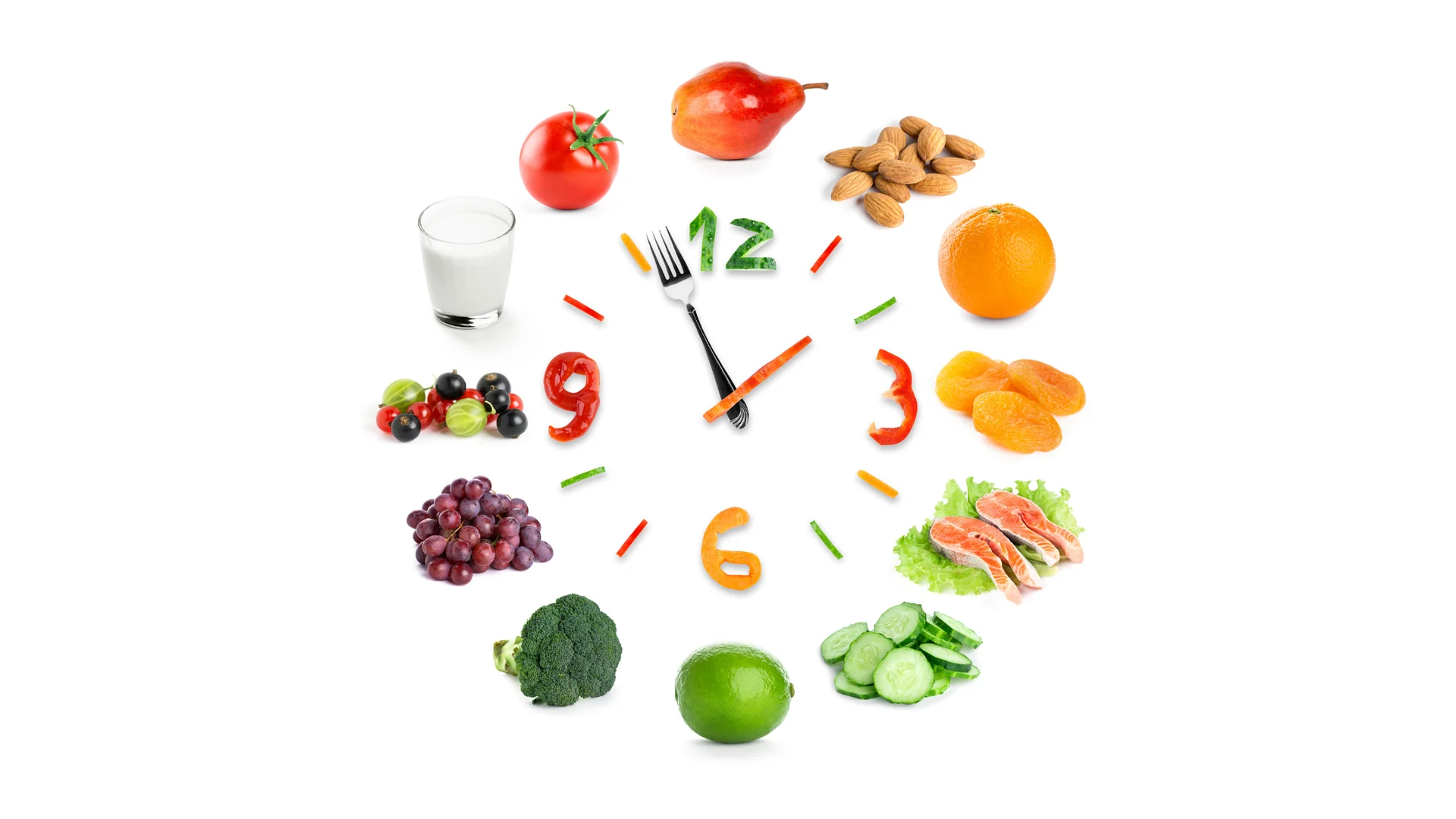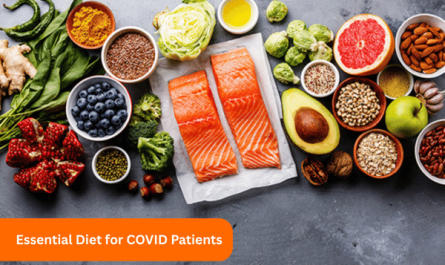Tips for Healthy Digestion In Mumbai
Healthy digestion is key to overall well-being. It affects how the body absorbs nutrients, processes waste, and maintains energy levels. In a bustling city like Mumbai, where the lifestyle is often fast-paced and food choices are varied, it’s easy to overlook the importance of digestive health. However, digestive problems are becoming more common, and addressing them with the right diet and habits can prevent long-term health issues. Consult Best dieticians in Mumbai.
In this blog, we will explore simple tips for maintaining a healthy digestive system. These tips are practical and can be easily incorporated into your daily routine, helping you achieve better digestive health. Whether you’re dealing with issues like bloating, constipation, or acid reflux, or simply want to improve your gut health, the following advice can benefit you.
Start Your Day with Warm Water

Drinking a glass of warm water in the morning helps kickstart digestion. It stimulates your digestive system, allowing your body to process food more effectively. In addition, it can help flush out toxins that may have accumulated overnight. This simple practice helps improve bowel movement and reduces the risk of constipation, which is a common digestive issue in many people.
Include Fiber-Rich Foods in Your Diet
Fiber plays a significant role in digestion. It helps bulk up stool, making it easier to pass, and promotes regular bowel movements. Including fiber-rich foods like whole grains, fruits, vegetables, and legumes in your meals can prevent constipation and keep your gut healthy. For example, add oats, apples, spinach, lentils, and broccoli to your meals for an easy fiber boost.
Stay Hydrated Throughout the Day
Drinking enough water is crucial for digestion. Water helps dissolve nutrients, making them easier for the body to absorb. It also softens stool, preventing constipation. Aim to drink at least 8-10 glasses of water every day. Avoid excessive consumption of caffeinated or sugary drinks, as they can dehydrate the body, which in turn affects digestion.
Eat Smaller, More Frequent Meals

Overeating can put a strain on your digestive system. Instead of consuming large meals, opt for smaller meals throughout the day. Eating smaller portions every 3-4 hours prevents overeating and gives your body time to digest food properly. This approach also helps maintain a healthy metabolism and keeps energy levels consistent.
Avoid Heavy and Fried Foods
Fried and greasy foods can be hard to digest, leading to bloating, gas, and indigestion. Such foods often lead to the production of excess stomach acid, which can cause acid reflux. To promote healthy digestion, focus on light, nutrient-dense meals that are easier to digest. Choose grilled, baked, or steamed options over fried foods, and avoid processed snacks and meals high in trans fats.
Incorporate Probiotics Into Your Diet
Probiotics are beneficial bacteria that support gut health. They help balance the bacteria in your intestines, making digestion smoother. Probiotic-rich foods like yogurt, kefir, kimchi, and sauerkraut are excellent for maintaining gut health. If you’re not fond of these foods, probiotic supplements are available in the market, but it’s always best to consult with a nutritionist or a doctor before incorporating them into your routine.
Practice Mindful Eating
How you eat is just as important as what you eat. Eating too quickly or while distracted can lead to indigestion, as your body doesn’t have enough time to properly process the food. Practice mindful eating by slowing down and paying attention to the textures, flavors, and smells of your food. Chew each bite thoroughly, as this helps break down food more efficiently, making digestion easier on your stomach.
Manage Stress

Stress can have a significant impact on digestion. It can cause problems like acid reflux, irritable bowel syndrome (IBS), and bloating. Engaging in stress-reducing activities like yoga, meditation, deep breathing exercises, or even taking a walk can help manage stress levels. Finding ways to relax will contribute positively to your overall digestive health.
Avoid Late-Night Eating
Late-night eating can disrupt digestion and sleep. Eating heavy meals or snacking late at night can cause acid reflux and indigestion, as your digestive system slows down while you sleep. Try to eat your last meal 2-3 hours before going to bed to allow your body time to digest food before resting.
Exercise Regularly
Physical activity promotes healthy digestion by increasing blood flow to the digestive system and stimulating bowel movement. Incorporating regular exercise into your routine, such as walking, swimming, or yoga, can help keep your digestive system functioning properly. Aim for at least 30 minutes of moderate exercise most days of the week to improve gut health.
Dt. Deepak Khera is a practicing nutritionist, consultant, trainer, social worker, and entrepreneur based in Mumbai. She specializes in helping people manage various health issues related to nutrition, including digestive problems. Whether you are dealing with specific issues like acid reflux, IBS, or just want to maintain a healthy digestive system, Dt. Khera can guide you in creating a personalized nutrition plan.
Consult her at:
D’FAB U Thane, Kabra Galaxy, Brahmand, Thane, India
To book an appointment, call or visit the clinic directly.
FAQs
1. How can I improve my digestion naturally?
Start by incorporating fiber-rich foods into your diet, staying hydrated, and practicing mindful eating. Regular exercise, managing stress, and avoiding heavy, greasy foods also support healthy digestion.
2. What are some common signs of poor digestion?
Signs of poor digestion include bloating, constipation, gas, acid reflux, and stomach cramps. If these symptoms persist, it is advisable to consult a nutritionist or doctor.
3. How can I prevent acid reflux and indigestion?
To prevent acid reflux, avoid overeating, spicy or fried foods, and late-night eating. Eating smaller meals throughout the day and managing stress can also help.
4. Are probiotics helpful for digestion?
Yes, probiotics are beneficial for gut health. They support a balanced gut flora, helping to improve digestion and prevent digestive issues like bloating and gas.
5. How often should I eat to support digestion?
It’s best to eat smaller meals every 3-4 hours rather than large meals. This prevents overeating and helps your digestive system process food more effectively.
Conclusion
Healthy digestion is a cornerstone of overall well-being. By incorporating simple yet effective habits into your daily routine, you can significantly improve your digestive health. From eating fiber-rich foods to staying hydrated and managing stress, small changes can lead to lasting benefits. If you’re facing persistent digestive issues, seeking professional advice from a nutritionist like Dt. Deepak Khera can help you find the right dietary solutions for your needs. Take control of your digestive health today and start feeling your best!



